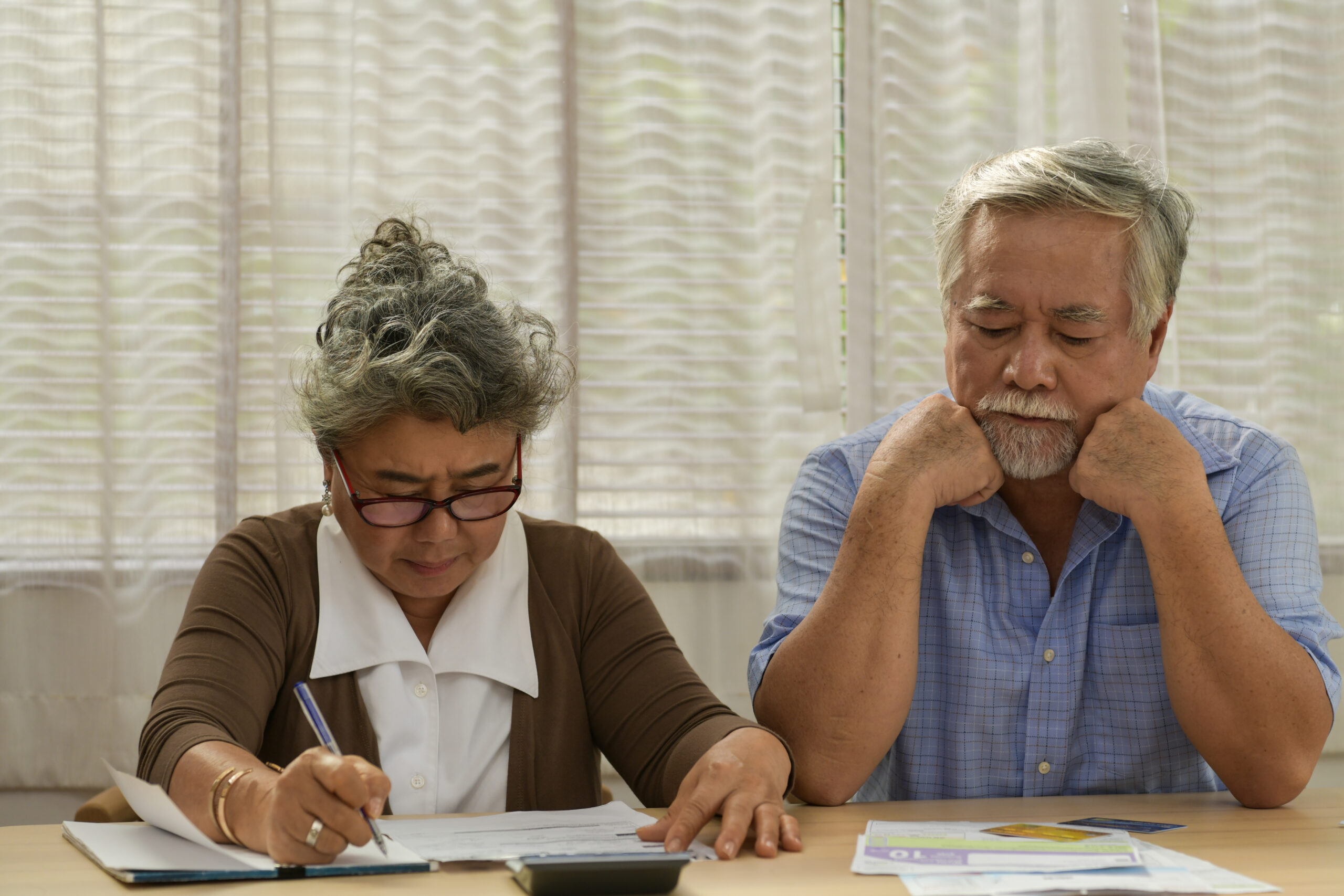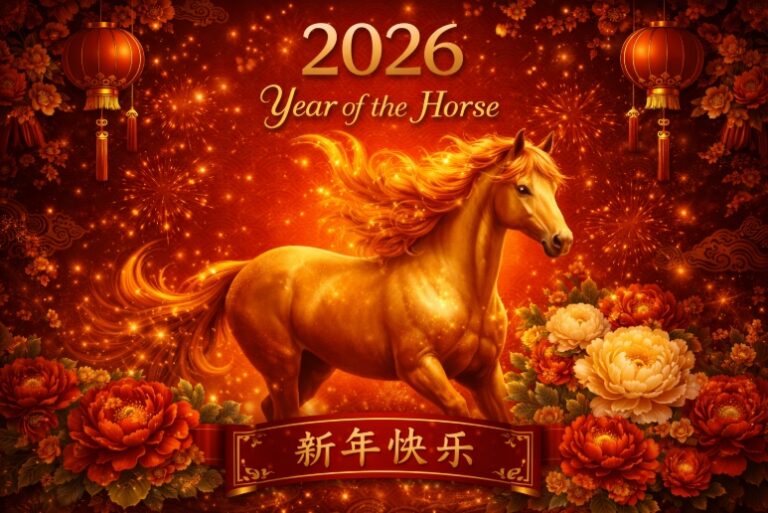Notarization for Retirement Planning: Documents You Shouldn’t Forget
Planning for retirement is about more than building wealth or choosing where to spend your golden years. In Hong Kong, where cross-border mobility, overseas investments, and complex family structures are common, legal preparation plays an equally vital role. This is where notarization comes in.
From wills and powers of attorney to property deeds and pension-related documents, ensuring a notary public properly notarizes your papers can save you and your family from unnecessary disputes, financial loss, and bureaucratic delays later on.
In this article, we will explore:
●Why notarization is essential in retirement planning
●The key documents you should never forget
●How Hong Kong’s unique position affects notarization
●The process, costs, and what to expect when dealing with a notary
●Looking ahead: the future of notarization and retirement planning in Hong Kong
1. Why Notarization Matters in Retirement Planning
When people hear “retirement planning,” they often think of MPF, savings accounts, insurance policies, or property investments. While these are important, retirement is also about ensuring your wishes are legally binding and recognized across borders.
That’s where a notary public comes in. A notary’s job is to verify and certify documents, confirming their authenticity for use in Hong Kong and abroad.
In the context of retirement planning, notarization helps:
●Prevent disputes: Family disagreements over inheritance, property, or medical decisions are common. A notarized document carries legal weight.
●Enable cross-border recognition: Hong Kong residents often have assets in Mainland China, the UK, Australia, or elsewhere. Many foreign authorities only accept notarized documents.
●Protect the vulnerable: As we age, legal safeguards like powers of attorney ensure trusted individuals can act on our behalf-when properly notarized.
●Smooth immigration or relocation: More retirees are considering spending time abroad. Immigration authorities frequently require notarized certificates.
Simply put, notarization ensures your retirement plan is not just financial, but also legally secure.
2. Essential Documents That Require Notarization
Here are the most critical documents to consider when preparing for retirement in Hong Kong:
1. Wills and Estate Planning Documents
A will specifies how your assets will be distributed. Without notarization, it may face challenges in court, especially if overseas assets are involved. Some jurisdictions require a notary cert to recognize foreign wills.
2. Enduring Powers of Attorney (EPA)
As life expectancy rises, so does the possibility of mental incapacity. An EPA allows a trusted person to handle your affairs. For acceptance in banks or courts, notarization is often required.
3. Property and Real Estate Documents
Many Hong Kong retirees own property locally or abroad. If you plan to sell, gift, or transfer property, notarized deeds and contracts ensure smooth transactions.
4. Trust Deeds and Family Trust Arrangements
Trusts are increasingly popular for wealth protection and succession planning. A notary public certifies these documents to ensure they hold up in multiple jurisdictions.
5. Marriage and Birth Certificates
These civil status documents become crucial when applying for foreign residency, pension benefits, or succession rights. Immigration and pension offices abroad usually require notarized copies.
6. Pension and Insurance Documents
Some retirement funds or insurers request notarized proof of identity, beneficiaries, or declarations when processing claims or withdrawals.
7. Medical Directives and Advanced Care Plans
These documents express your healthcare wishes if you lose capacity. A notarized directive ensures hospitals and family members respect your choices.

3. The Hong Kong Context: Why It’s Unique
Hong Kong retirees face specific challenges:
●Cross-border family ties: Many Hongkongers have children living overseas, requiring documents to be valid internationally.
●Hague Apostille Convention: For other countries, notarized documents may also require an apostille before being recognized abroad.
●High property ownership: With property making up a large portion of wealth, notarization of real estate documents is especially relevant.
Therefore, choosing an experienced notary who understands both local and international requirements is key to future-proofing your retirement plan.
4. How the Notarization Process Works
Here’s what to expect when you visit a notary public in Hong Kong:
●Consultation – Discuss your needs and the destination country for the documents.
●Document Preparation – Ensure originals are ready and translated if necessary.
●Verification – The notary verifies identity, witness signatures, and checks the legality of the document.
●Certification – The notary cert (official stamp and signature) is applied.
●Apostille or Consular Legalization – If the document is going abroad, additional steps may be required.
5. Notary Price in Hong Kong: What to Expect
A common question is: What is the notary price in Hong Kong?
Notary fees vary depending on the document type, complexity, and urgency. While a simple certified true copy may cost just a few hundred Hong Kong dollars, more complex arrangements like estate planning or trust deeds may be significantly higher.
Factors affecting notary price include:
●Number of documents
●Whether translation is required
●Destination country’s legal requirements
●Whether an apostille or consular legalization is needed
At Andrew Wang Solicitor and Notary Public, clients benefit from transparent pricing and tailored advice, ensuring they pay only for what they need.
6. The Future of Retirement Planning and Notarization in Hong Kong
Looking ahead, retirement planning in Hong Kong is expected to become more cross-border and digitalized.
Trends to watch:
●Rising demand for China recognition: With greater integration under the Greater Bay Area, retirees with assets or children in Mainland China will need more notarized and attested documents.
●Digital notarization: While Hong Kong is cautious, other jurisdictions are adopting remote or electronic notarization-this may influence future reforms.
●Longevity planning: With people living into their 90s and beyond, more emphasis will be placed on EPAs, medical directives, and intergenerational wealth transfer.
●Global retirement migration: More Hongkongers are considering Thailand, Malaysia, or Portugal for retirement, all of which require notarized documents for visas and property deals.

7. Practical Tips for Retirees
●Start early: Don’t wait until illness or incapacity strikes. Prepare documents now.
●Bundle documents: Handle multiple papers in one notary appointment to save time and reduce the notary price.
●Review regularly: Laws and family circumstances change. Update your documents every 3-5 years.
●Choose the right professional: Work with a notary public who understands both Hong Kong and overseas requirements.
8. Conclusion
Retirement planning isn’t complete without legal preparation. A well-drafted will, notarized power of attorney, or certified property deed can be just as valuable as a well-funded pension account. In Hong Kong, where cross-border issues are common, working with an experienced notary ensures your documents are valid, secure, and recognized globally.
By prioritizing notarization today, you’re protecting your future self-and giving peace of mind to your family.
For trusted advice and professional notary public services, visit Andrew Wang Solicitor and Notary Public
.
The information provided is for reference only and is not meant to be legal advice.







